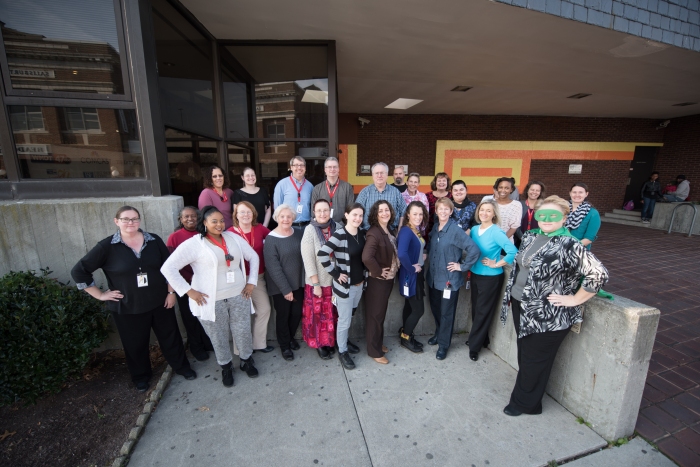
A credit score is a numerical value placed on your credit report, which is a detailed summation of your credit history. It is the GPA to your credit report card. Lenders and financial institutions use credit scores to determine your credit worthiness, and ultimately whether on not to extend you credit. The most common scoring system comes from Fair Isaac Corporation, better known as FICO. FICO credit ratings range between 300 and 850, with 850 being the highest possible score.
What does this mean for you? The higher your score, the lower the assumed risk of default. With a higher risk of default comes difficulty in being approved, and higher interest rates once (if) approval is gained. The better your credit score, the better the interest rate the lender will likely offer. A FICO score breaks down in the following way: 35% of a score comes from payment history; 15% length of credit history; 30% amounts owed; 10% new credit; and 10% types of credit used.
Federal law requires the three big credit reporting agencies—Equifax, Transunion, and Experian—to provide all consumers a free credit report every twelve months, however credit scores are not included in that mandate. Even a few years ago, obtaining your FICO score on your own would have been difficult. Now, however, many credit card companies offer this information free to customers, often conveniently on their online account information page. CreditKarma.com, CreditSesame.com, and Credit.com also offer no-ropes free credit scores.
Having your FICO score readily available can help you better understand your credit standing. If you have had past issues with credit it can give you early notice so you can make changes to improve your score. Taking advantage of credit score reporting is a definite boon for anyone who wants to take and maintain control of their financial health. Carefully read the fine print on sites that offer “free” scores but ask for a credit card number, as it will likely automatically enroll you in their not-so-free monthly credit monitoring service.
Much information—and misinformation—about how to improve a credit score has been circulating for decades. Among these are helpful and true bits of financial advice—pay on time, keep balances low or nonexistent, and on one card instead of scattering balances among many. One persistent, yet incorrect, rumor regarding credit is that old accounts should be closed rumor regarding credit is that old accounts should be closed. Closing all past inactive cards would be akin to erasing a resume’s work history simply because you no longer work at a company. A paid-off account, no matter how old or long inactive, shows good stewardship of a line of credit. You fulfilled your promise to the financial institution and there is no need to expunge that positive point.
Paying regularly. Not paying late, or suddenly switching to lower payments, or increasing charge amounts will all keep your credit score from plummeting. Staggering the free credit report check to once every four months from each agency—Equifax, Transunion, Experian—will provide an entire year of free credit checks so you may keep an eye out for changes/errors. If an error is spotted, immediately write a dispute letter to the reporting agency and work with them to correct the mistake. This close monitoring will help your score remain high. Utilizing the free credit score from your card issuer or from one of the free score reporting websites listed above will keep you informed and prepared.
At some point–such as for buying a house or a car–those three numbers, your credit GPA, will paint a picture of your ability to manage your finances for a lending institution. Remain vigilant and savvy, and it will certainly be the best representation possible.
Helpful links:
Credit Cards Offering Free Credit Score Reports
In-Depth Definition of Credit Scores
Forbes on How You May be Ruining your Score
New Policies that May Help Credit Scores


